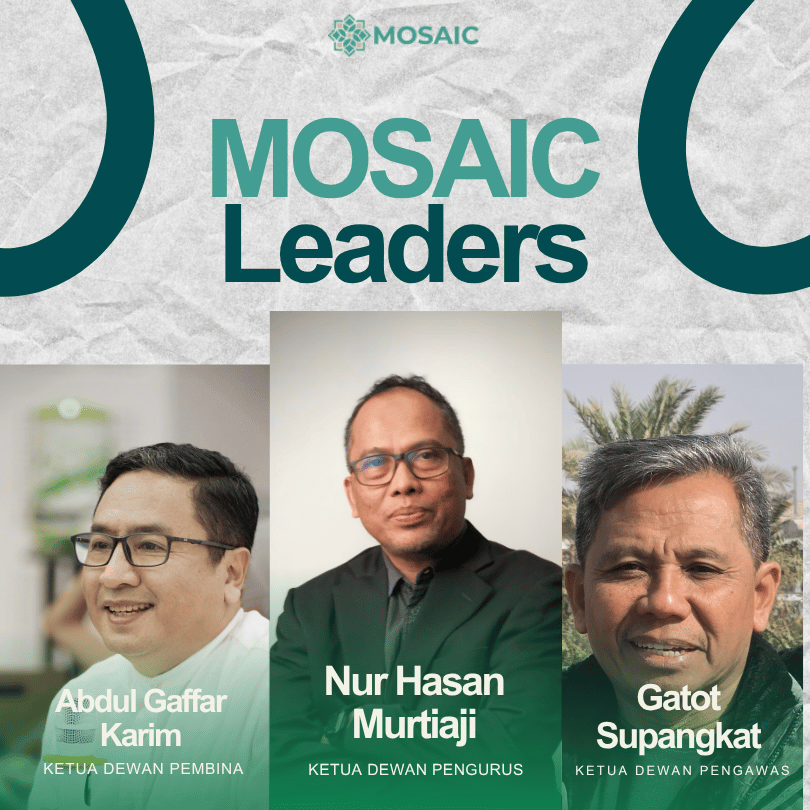This site uses cookies. By continuing to browse the site you are agreeing to our use of cookies.
Manifesto
The inception of the Islamic Climate Movement is marked by a convening of Islamic stakeholders, in which they co-created a manifesto for Islamic climate action. This manifesto is intended to be a set of directives for climate action that can inspire Muslims to drive the climate movement in Indonesia as well as a guidance for all the works done within MOSAIC collaboration.
-
1. The importance of strategic communication based on Islamic values
Global climate change has been underway for a long time and the crisis is already here. However, it is still not well understood or being optimally addressed by Muslims. Therefore, strategic communication is needed that is in line with public interests and understanding.

------ -
2. Encouraging the role of Islamic religious leaders in climate solutions
Islamic religious leaders must take a leading role in conducting best efforts to deepen the substance of Islamic studies, communication and education of communities. The aim of this program is to consistently emphasize the intersections of the climate crisis, Islamic faith and religion.
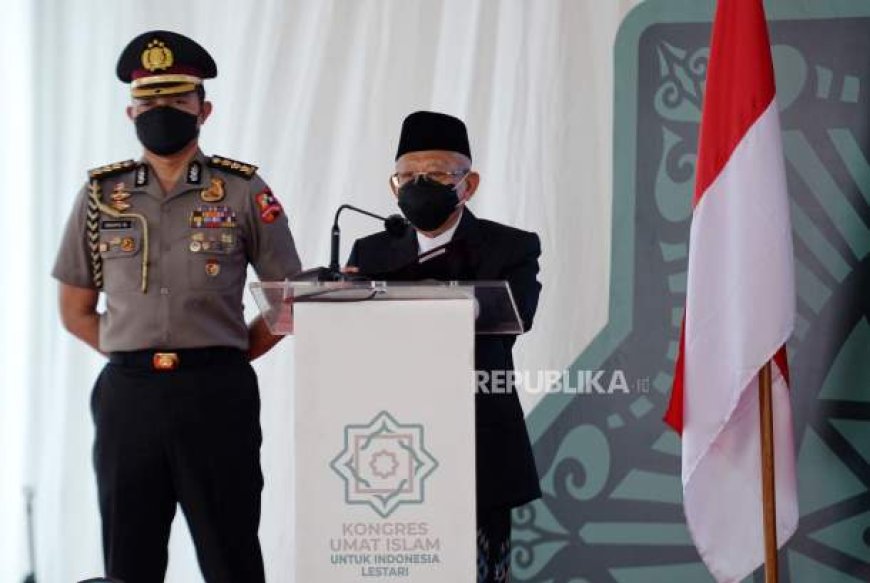
------ -
3. Climate solutions should be based on Islamic values & local wisdom
Climate change has impacted all sectors of people's lives, thus requiring solutions based on Islamic values, rooted in local wisdom and carried out systematically, according to local needs and contexts.
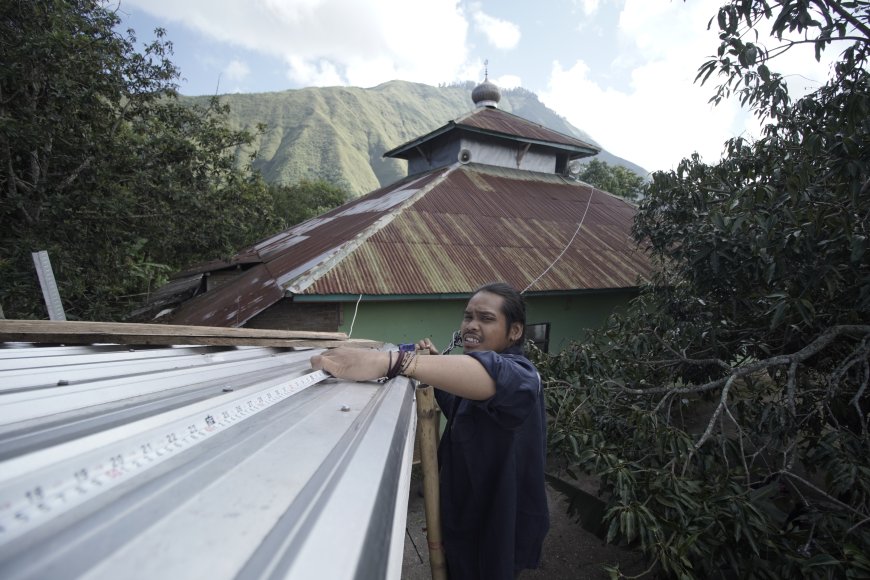
------ -
4. Collaboration between Muslims
Strong collaboration among Muslims through partnership with government and other sectors is urgently needed to carry out initiatives and support for policy that can solve climate change.
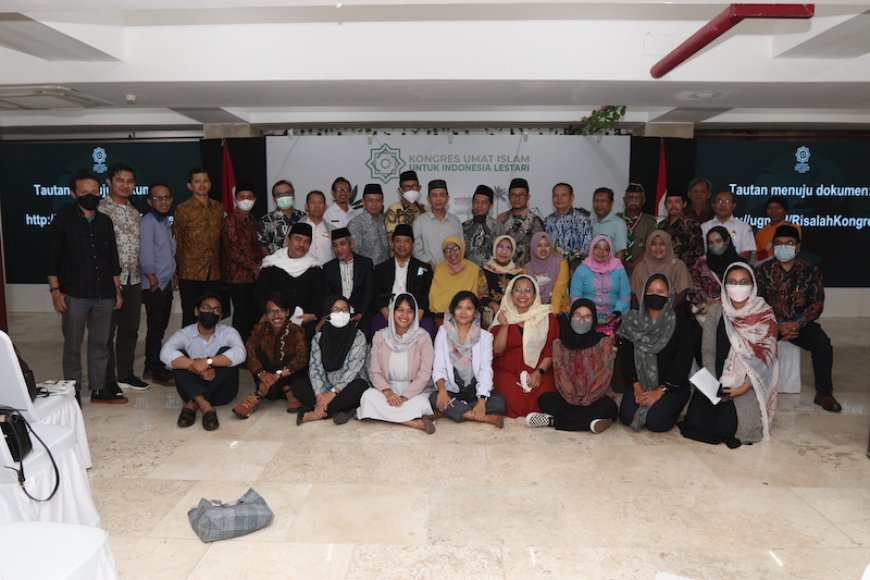
------ -
5. Leadership of young people and women
Vulnerable groups such as youth and women should be encouraged to play a leadership role in managing and organizing climate change solutions.
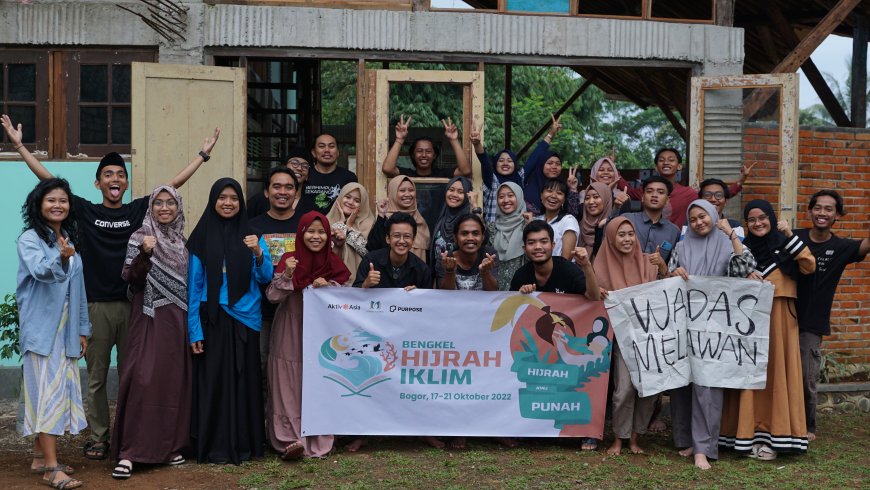
------ -
6. Sharia financing and religious social funds as climate solutions
In the efforts to mitigate and adapt to climate change, it is necessary to utilize sharia financing and other religious social funds (e.g. infaq/charity, shodaqoh/donation, and waqf).
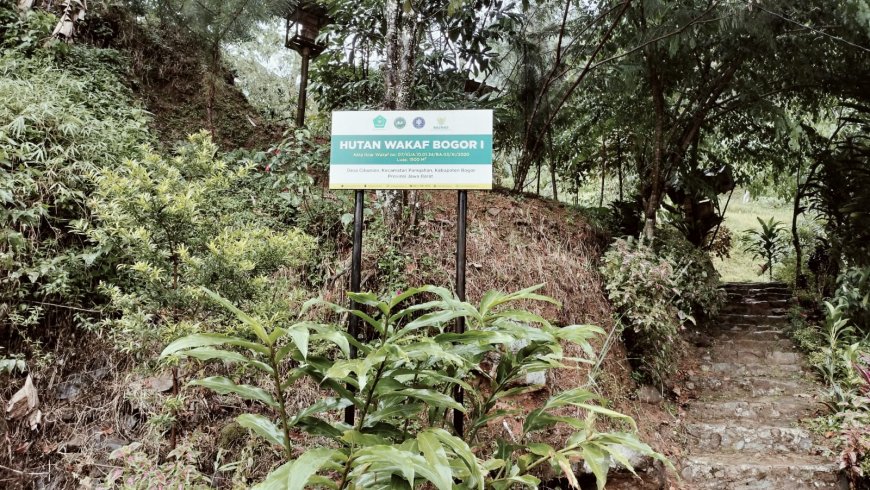
------ -
7. Optimization of Islamic institutions
Islamic religious institutions, ranging from mosques to educational institutions (including Islamic boarding schools), must develop environmentally friendly insights and behaviors and provide strategic spaces to develop studies, initiatives, implementation, and innovations for Muslims to be actively involved in climate change action.
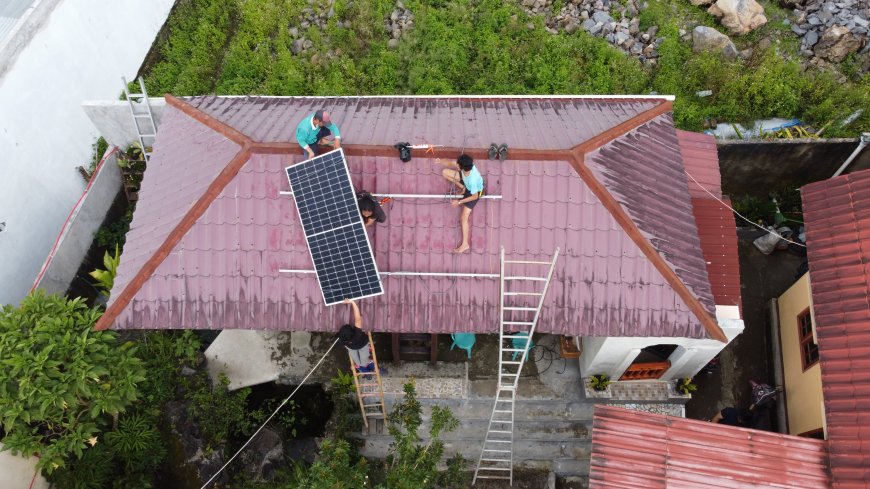
------

